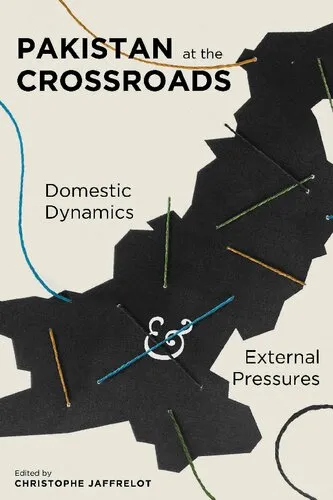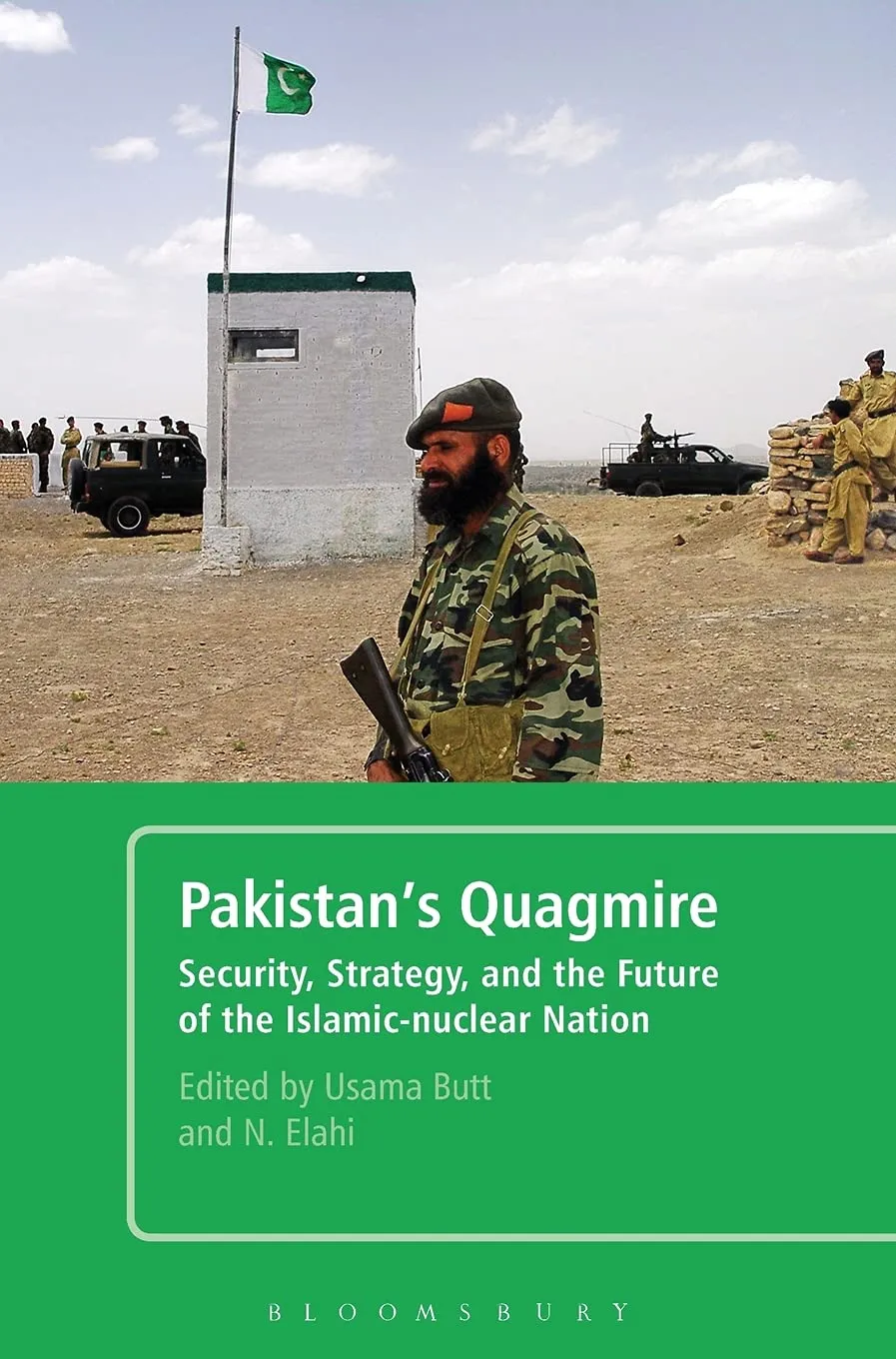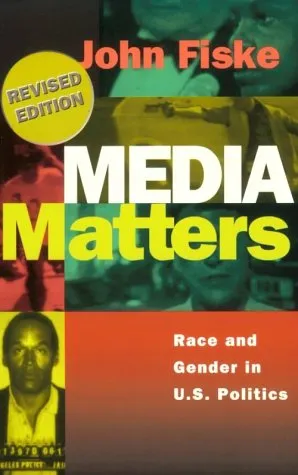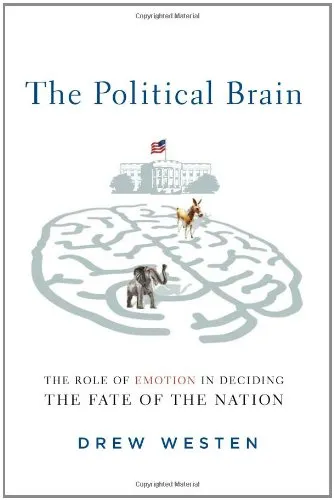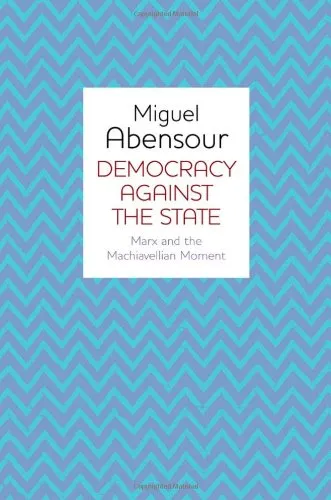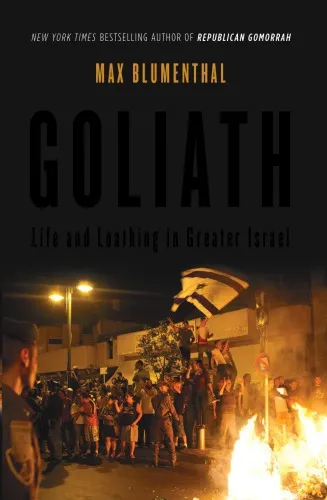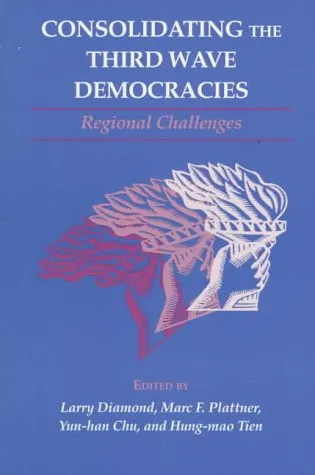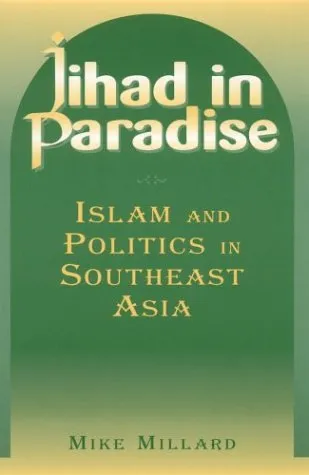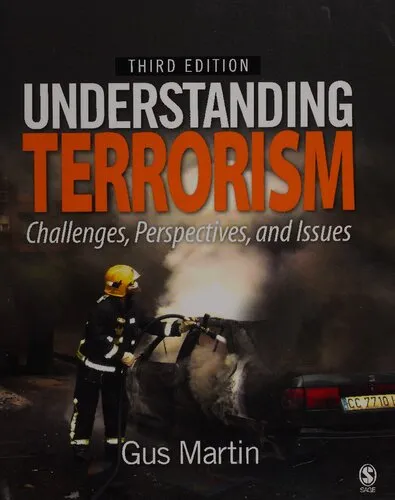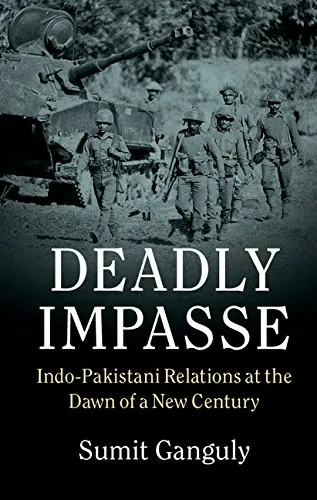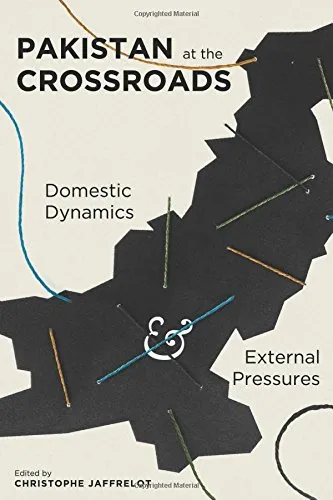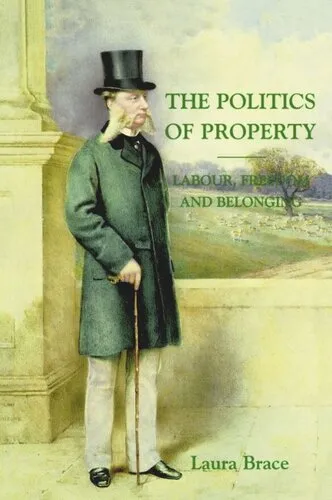Pakistan at the Crossroads: Domestic Dynamics and External Pressures (Religion, Culture and Public Life): 21
4.5
Reviews from our users

You Can Ask your questions from this book's AI after Login
Each download or ask from book AI costs 2 points. To earn more free points, please visit the Points Guide Page and complete some valuable actions.Related Refrences:
Introduction to 'Pakistan at the Crossroads: Domestic Dynamics and External Pressures'
Christophe Jaffrelot’s ‘Pakistan at the Crossroads: Domestic Dynamics and External Pressures’ is a seminal work that delves deep into the intricate tapestry of Pakistan’s domestic and international challenges. This book offers a comprehensive understanding of the political, historical, and socio-economic forces that have shaped Pakistan’s trajectory since its creation in 1947. Situated at the intersection of religion, culture, and geopolitics, Pakistan’s identity has continued to evolve amidst an array of internal and external pressures, making the country a critical study in modern nation-building.
This volume brings together some of the foremost scholars and experts on Pakistan to explore its political roots, societal dynamics, and foreign relations. By examining a confluence of domestic challenges like civil-military relations, provincial dissent, and the rise of extremism, alongside external pressures including its ties with neighboring India, China, and the United States, Jaffrelot seeks to unravel the central question of Pakistan's stability and future direction. Through well-researched chapters, the book presents an intricate picture of a nation constantly balancing between democratic aspirations and authoritarian underpinnings, making it essential for readers interested in South Asia and global politics.
Detailed Summary of the Book
‘Pakistan at the Crossroads’ is divided into several thought-provoking chapters that systematically examine Pakistan’s domestic and foreign policy dynamics. Christophe Jaffrelot begins by contextualizing Pakistan’s political evolution, highlighting the foundational role of Islam in its identity and governance. The book scrutinizes the growing civil-military imbalance, where the military establishment continues to dominate civilian administrations, curbing the evolution of democracy.
The author also sheds light on the complex interplay of regionalism and nationalism. From Balochistan to Sindh, the provincial struggles reflect a deeper crisis of representation and governance. In addition, the growing menace of extremism, intertwined with sectarian tensions, is critically analyzed as a significant challenge for Pakistan’s unity and international reputation. Several chapters address socio-economic obstacles, such as growing inequality, rampant corruption, and institutional decay, which hinder Pakistan’s progress on the global stage.
On the international front, Jaffrelot examines the pressures exerted by Pakistan’s entanglement with its powerful neighbors—India, Afghanistan, and China—and its fraught partnership with the United States. Pakistan’s strategic geography, while a blessing for its geopolitical importance, has also left it vulnerable to constant meddling by global powers. Overall, the book illustrates how Pakistan’s domestic troubles interweave with its external relations in creating a persistently precarious balance.
Key Takeaways
- Pakistan’s creation as a homeland for Muslims has led to complex debates on integrating religion into politics and governance.
- The perpetual dominance of the military has undermined democratic institutions and processes in Pakistan.
- Ethnic and provincial disparities exacerbate political instability and fuel separatist movements in Balochistan and other regions.
- Extremism and sectarianism pose grave threats to Pakistan’s stability as well as its international relations.
- Geopolitical forces, particularly relations with India, Afghanistan, China, and the U.S., significantly shape Pakistan’s foreign policy and internal strategies.
Famous Quotes from the Book
“Pakistan’s predicament is not just rooted in its history; it is constantly being renegotiated by those who hold power.”
“The military’s supremacy is both a symptom and a cause of the country’s struggles with democracy.”
“Pakistan’s geography makes it indispensable, and yet its internal turmoil renders it unreliable to the international community.”
Why This Book Matters
Pakistan occupies a central position in global geopolitics due to its strategic location and its role in major international events, from the Cold War to the post-9/11 world order. ‘Pakistan at the Crossroads’ provides essential insights into understanding why the country has persistently struggled with governance, identity, and stability. It is an indispensable text for policy analysts, historians, political scientists, and anyone seeking to grasp the challenges faced by a nuclear-armed state navigating its internal chaos and external pressures.
Moreover, Jaffrelot’s work stands out for its balanced approach—neither idealizing nor demonizing Pakistan, but instead providing a nuanced examination of its multi-faceted reality. It serves as a reminder of the importance of strengthening democratic institutions, promoting socio-economic reforms, and addressing extremism to ensure Pakistan’s long-term stability and prosperity. In a world increasingly interconnected, the insights offered by this meticulously researched book are invaluable for understanding the stakes of a stable and prosperous South Asia.
Free Direct Download
You Can Download this book after Login
Accessing books through legal platforms and public libraries not only supports the rights of authors and publishers but also contributes to the sustainability of reading culture. Before downloading, please take a moment to consider these options.
Find this book on other platforms:
WorldCat helps you find books in libraries worldwide.
See ratings, reviews, and discussions on Goodreads.
Find and buy rare or used books on AbeBooks.
1313
بازدید4.5
امتیاز0
نظر98%
رضایتReviews:
4.5
Based on 0 users review
Questions & Answers
Ask questions about this book or help others by answering
No questions yet. Be the first to ask!
